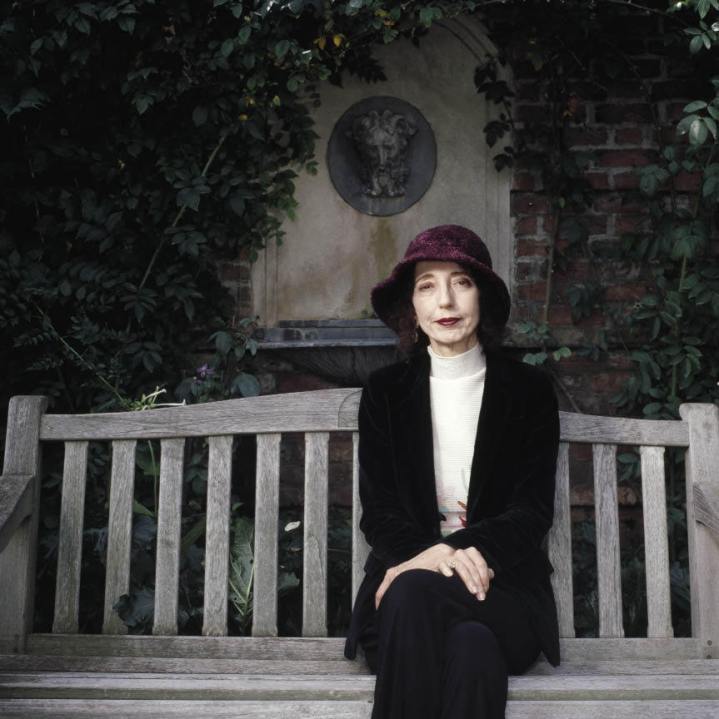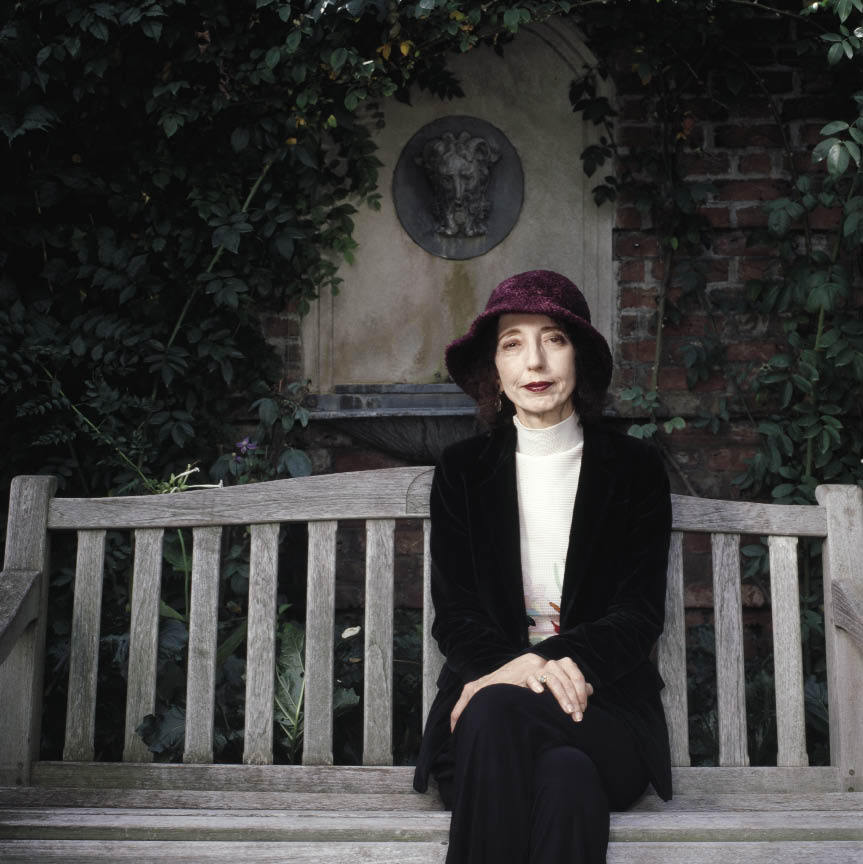The cautionary slogan ‘less is more’ has never been the American writer Joyce Carol Oates’ watchword.
The cautionary slogan ‘less is more’ has never been the American writer Joyce Carol Oates’ watchword. Over the last 40 years she has written a torrent of books — 115 at last count. Her prose is torrential too, and while several of her novels — Foxfire, Blonde and The Gravedigger’s Daughter among them — have been well-received, and she has a considerable following, especially in the United States, the sheer volume and intensity of her work has put some of us off.
The fact that this memoir, recounting the death of her husband and the first months of her widowhood early in 2008, is over 400 pages long has a certain weary inevitability about it. What is surprising is the one aspect she has decided not to explore — that within the year she had met the man who became her second husband early in 2009.
On the other hand, there is something impressive, even gripping, about the passion with which she unleashes the raw emotion, the rage, the black despair and the shocked disbelief she felt when an attack of pneumonia took Ray Smith, her beloved first husband, from their home in Princeton to the hospital where within a week he was dead. He was 77, and they had been married, as she tells us more than once, for 47 years.
They met as graduate students, both with plans to write; but he became an editor instead, although he never edited her fiction, as she wanted to spare him the pains and problems of her writing life. In general, they avoided troubling each other. Together they built a sweet, safe life, calling each other ‘honey’ (hardly unusual in the USA, though she seems to think it specially significant), going to the gym, looking after their cats. As Joyce Smith, she was, in her terms, a conventional, Laura Ashley wife. As Joyce Carol Oates, she could let her dark, often violent imagination rip.
With Ray’s death, she lost her place of safety. There is no doubt that she suffered horribly, and her account will strike deep chords with anyone who has been through something similar. The unkindness of strangers is intolerable — she found her car outside the hospital with ‘Learn to park stupid bitch’ on the windscreen — and the kindness of friends sometimes worse. She spends a lot of time hiding from the phone; she keeps Ray’s voice on the answering machine.
She is at her best with her passages of sardonic reporting; what she calls ‘the sympathy siege’ is brilliantly described, as the heaps of flowers wilt and rot and the delivery men needing her signature for the fruit baskets and gourmet treats she cannot eat hammer on her door. At the same time, she needs her true friends desperately, and as the many emails she includes show, they looked after her as best they could. At one point she considered ‘hiring’ one of them to be her companion for a year, to help keep her alive. Tormented by insomnia, she hoards pills and thinks obsessively of suicide.
In fact, she could not bear to be alone with Joyce Carol Oates, while at the same time Joyce Smith no longer existed. This is a book as much about an identity crisis as about grief, although for her they are the same thing; she deplores her self-obsession, but cannot control it. With unnerving physical and emotional resilience she decided to keep all her professional engagements; within days of Ray’s death she astonished her colleagues and pupils by turning up for a creative writing class, and proceeded to fly around the country giving talks about her work. And all the time she wrote compulsively, keeping the diary that turned into this book.
When not writing, she reads, and her memoir is studded with quotations; most brilliantly relevant are Emily Dickinson’s lines :
I measure every Grief I meet
With narrow, probing Eyes —
I wonder if it weighs like mine —
Or has an Easier size.
The only solution, in the end, had to be to find another husband, and so, at a Princeton dinner party mentioned on the last page, she did. Let’s hope she is very happy; but her book would have been both more interesting, and more honest if she had found a way to write about finding a new love while mourning the old.







Comments